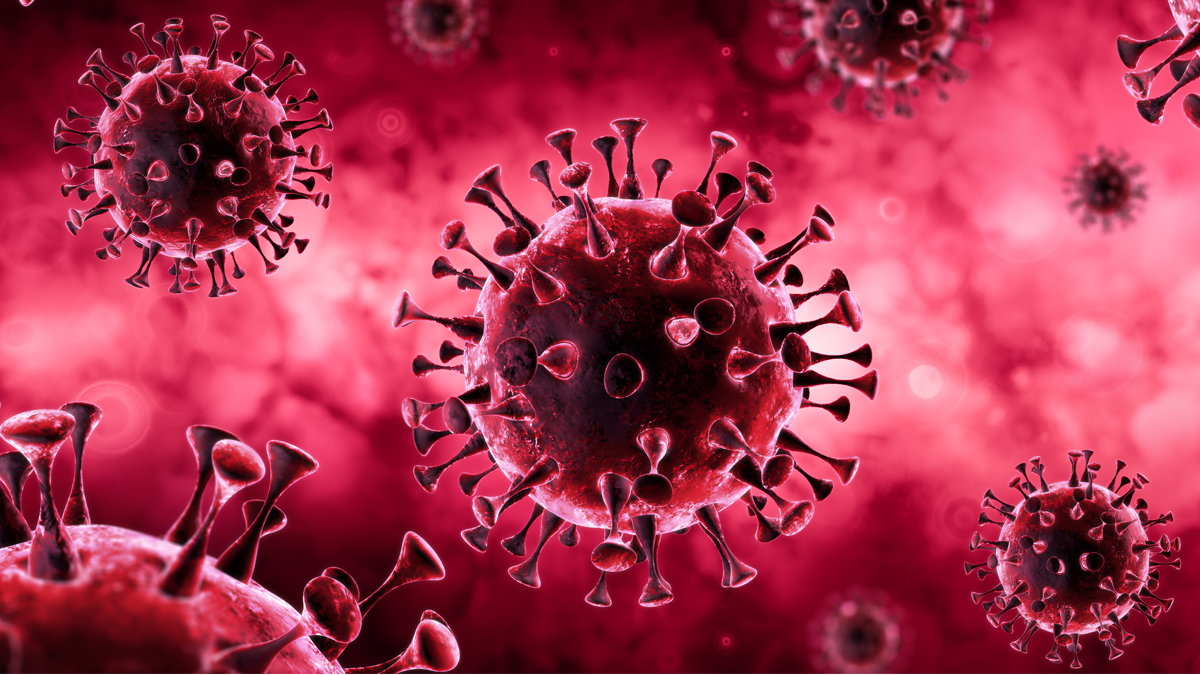Covid third wave only if strain is more contagious
31 August, 2021 | Pragati Singh

Hyderabad: Only if a new and more contagious strain of SARS-CoV-2 arises between the first week of October and the end of November may the country see a third Covid wave. Even if a new variation em...
Hyderabad: Only if a new and more contagious strain of SARS-CoV-2 arises between the first week of October and the end of November may the country see a third Covid wave.
Even if a new variation emerges, the third wave will most likely be a ripple, according to the latest forecasts from the SUTRA mathematical model for the Covid pandemic, developed by researchers from IIT-Hyderabad and Kanpur on Monday.
In case the Delta variant continues to remain active in the absence of a new variant, there would be no Covid third wave and the present status quo of steady drop in Covid infections across the country will continue, SUTRA model, which earlier had accurately predicted the first and second Covid waves, said.
Researcher from IIT-Kanpur, Manindra Agrawal, who along with M Vidyasagar of IIT-Hyderabad has developed the SUTRA projections, on Monday indicated that the massive rise in Covid cases in Kerala was not an indication of a third Covid wave.
“Kerala had sero-positivity of about 45 per cent in June compared to all India average of 67 per cent. So Kerala was bound to explode once they stopped controlling the spread,” he said.
In July, SUTRA model had projected that daily Covid infections during a third wave could be over 1.50 lakh across the country. However, on Monday, the projections were revised to just 1 lakh daily Covid infections across the country, in case of a third wave.
“Projections done two months ago assumed that a new mutant will arrive by August. That has not happened. It also assumed that R0 will go up to 4 in August. It has gone well above and is close to 5 at present. In addition, there have been recent studies, including ICMR serosurvey that can be used to fine tune the predictions,” Agrawal said.
The SUTRA projections have taken into consideration the countrywide ICMR sero-survey, which showed that by December, 2020, about 24 per cent population in the country had developed antibodies and by this June, roughly 63 per cent of unvaccinated population has developed antibodies.
Before calibrating their projections, the IIT researchers also took into account the assumption that vaccination provides immunity to 80 per cent and the remaining 20 per cent individuals infected shed viral load for same period as unvaccinated. The researchers also took into account the fact that natural immunity provides stronger protection than vaccine-induced immunity.
“Status quo will remain when no new mutant comes and new variant is when 50 per cent more infectious mutant comes by September. As one can see, the only scenario with some semblance of third wave is new variant and in this scenario, new cases rise to 1 lakh per day,” Agrawal added.










